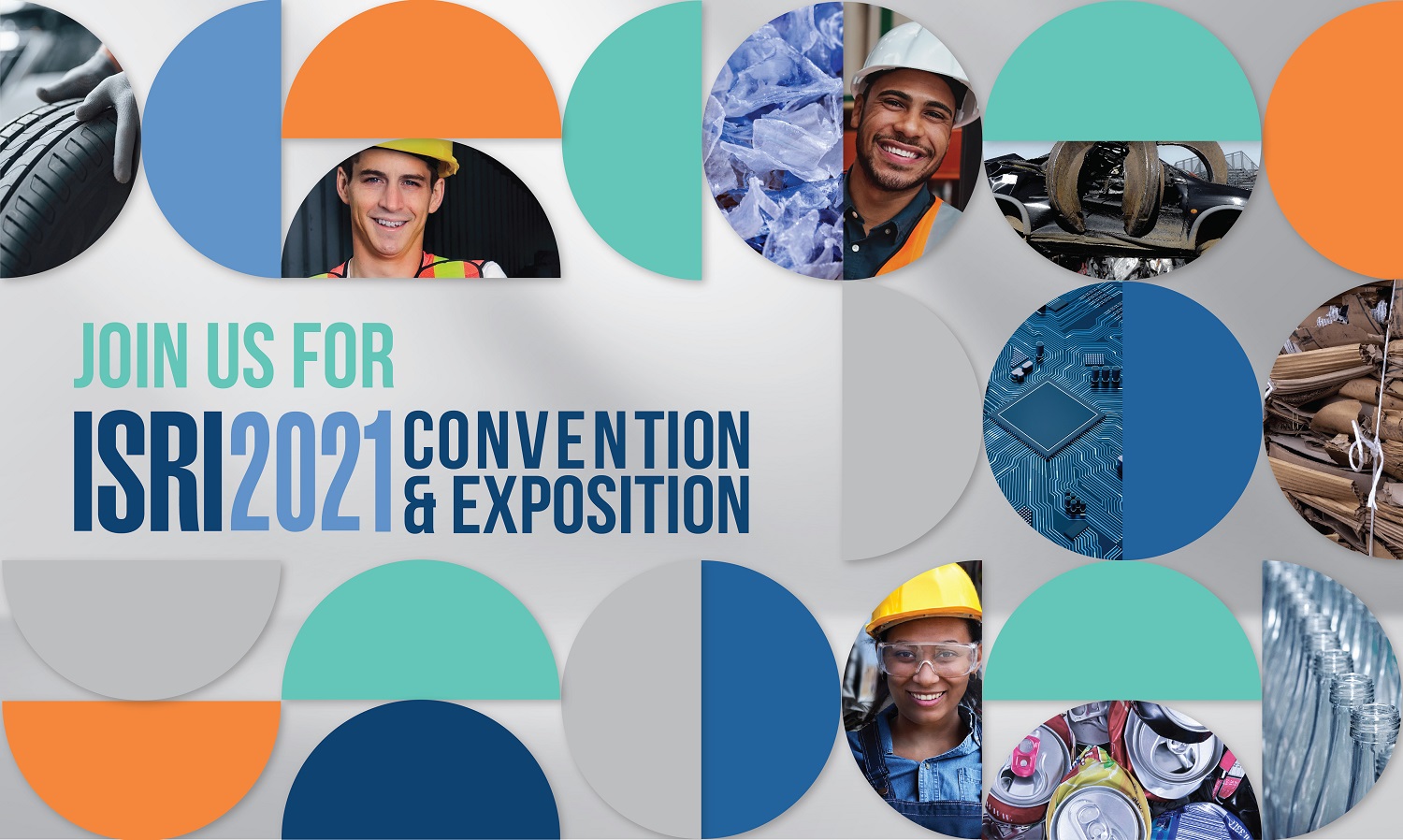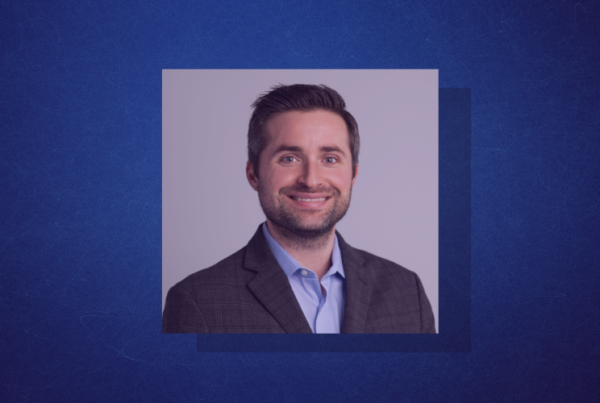David Borsuk is one of this year’s recipients of ISRI’s Lifetime Achievement Award. Having most recently served as senior advisor at Sadoff Iron & Metal Company, Borsuk will be acknowledged for his years of service and dedication to the industry during ISRI2021, ISRI’s virtual convention. Scrap News recently spoke with Borsuk about his distinguished career and how to solve some of the most pressing challenges facing the industry.
Can you tell me about the various roles you’ve held during your time with Sadoff Iron & Metal Company?
During my career with Sadoff Iron & Metal, I’ve held a variety of roles. My initial roles were construction manager and dispatcher. After going into Maintenance, Repair, Operations (MRO) purchasing and working at another division, I came back and became responsible for our industrial marketing. That morphed into managing our key industrial accounts.

Early on, I also got involved in regulatory affairs, both environmental and legislative. I became a quality manager and managed the quality department when we became the first scrap processing facility in Wisconsin to be [certified by the] International Organization for Standardization (ISO) in the ‘90s. Later in my career, I was exclusively involved in environmental and legislative affairs. I managed some industrial accounts and also worked closely with some of our foundry accounts. I also participated in another trade association, the American Foundry Society (AFS).
You’ve been in the metals recycling industry for more than 50 years; how were you introduced to the industry, and what’s kept you around for five-plus decades?
My father and Ed Rudoy (founder of Sadoff & Rudoy Industries) were partners in one of the foundation companies of Sadoff & Rudoy Industries. I was, if you will, born into the industry at a very early age.
I find the industry to be incredibly dynamic and unique. It’s a commodity-based industry, a market-based industry, as well as a manufacturing industry. All of these different components make it a very exciting industry.
What’s a significant change you’ve observed during your time in the industry?
One of the most significant changes that I’ve seen in the industry has been the recognition that safety has become a value in many companies. It’s something not just to be wordsmithed or mouthed, but to be practiced. The commitment starts from the top and is transmitted to the bottom, and there’s a true feeling that the welfare and safety of employees, both on the job and at home, are important. I think that’s really evolved over the last number of years.
As much as businesses have changed and gone from a lot of small, family-owned companies to larger, integrated scrap processing companies, the challenges have not changed over the years. I think that one of the biggest challenges that faces our industry is the lack of engagement either within our own community or within our own trade association. It may be framed a little different than it was 50 or 70 years ago, but it needs to be continually emphasized.
What do you all do on your end to increase engagement, and do you have any tips for other companies on how they can increase their engagement?
It’s really difficult. You have to recognize that our business, regardless of which community you’re in, does not fly under the radar. We’re not anonymous. So it’s important, whether we talk to owners, site managers or corporate leadership, to promote that engagement within the trade association and within their community. The challenges that we’re facing, whether it’s environmental or regulatory, are affecting everyone within our industry. This is one of the times when individual site location and company involvement is critical.
Some of the challenges we face are because we have not continuously been a part of the community. We are facing some of these challenges on our heels. Some of the challenges are legitimate, some are not recognizing our industry. Some of the challenges become emotional, but one of the ways that we can meet these issues is on a grassroots or one-on-one basis. And to be effective it has to be continuous. It’s not as simple as throwing a party once a year; you need to be involved on a much more regular basis than that.
How were you introduced to ISRI, and what was your initial impression of the association?
I was introduced very early when Ed Rudoy would take me and his son-in-law, Sheldon Lasky, chairman of Sadoff Iron & Metal Company, to Wisconsin ISRI (WISRI) chapter meetings. He’d also take us to legislative affairs meetings with our lobbyists. Early on, you would find the dynamics of networking, of fellowship, of competition…there was also a desire to meet the challenges of the outside regulatory environment and community environment in a collaborative way.
When you received the news that you were this year’s Lifetime Achievement Award recipient, what was your reaction?
I was speechless because it’s something that you don’t expect or prepare yourself for. I was really humbled, especially when you look back and see the men and women that have received this award in the past. To be held in that esteem with them is something that’s very difficult to put into words.
You’ve accomplished a lot during your time in the industry; what do you hope is your lasting legacy in the recycling industry?
I think [the legacy I’d like to leave] is that I was an advocate, both for Sadoff Iron & Metal, as well as for our industry. I also tried to continually commit [us] to excellence.
What advice would you give to the next generation of recyclers?
As much as things change in this industry, they stay the same. Many of my first recollections of the industry were challenges of being accepted within the community, being accepted as businesspeople, and trying to deal with environmental, regulatory, and legislative challenges. These challenges have not changed, but a lesson I learned early on was that it’s critical that you become engaged within your community, within your industry, and within your industry trade association, to protect both the interests of your company, as well as the industry. This will allow your industry to succeed.
David Borsuk will serve as a panelist during ISRI2021’s “Questions Senior Leaders Should Be Asking About SIF Prevention in Their Organizations” session, which takes place April 22, 12:45 – 1:30 pm EST. To hear him and other panelists speak, register here.










